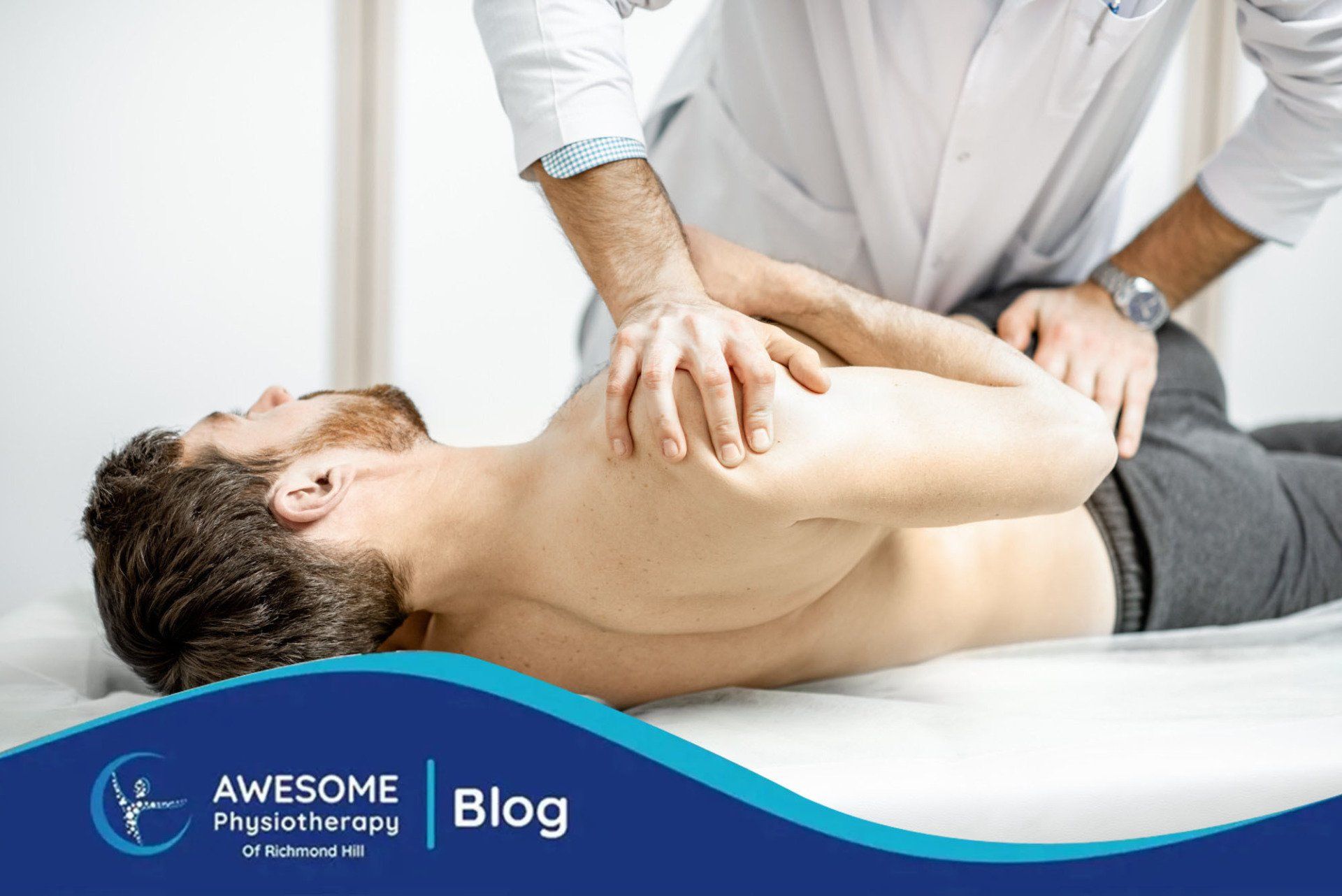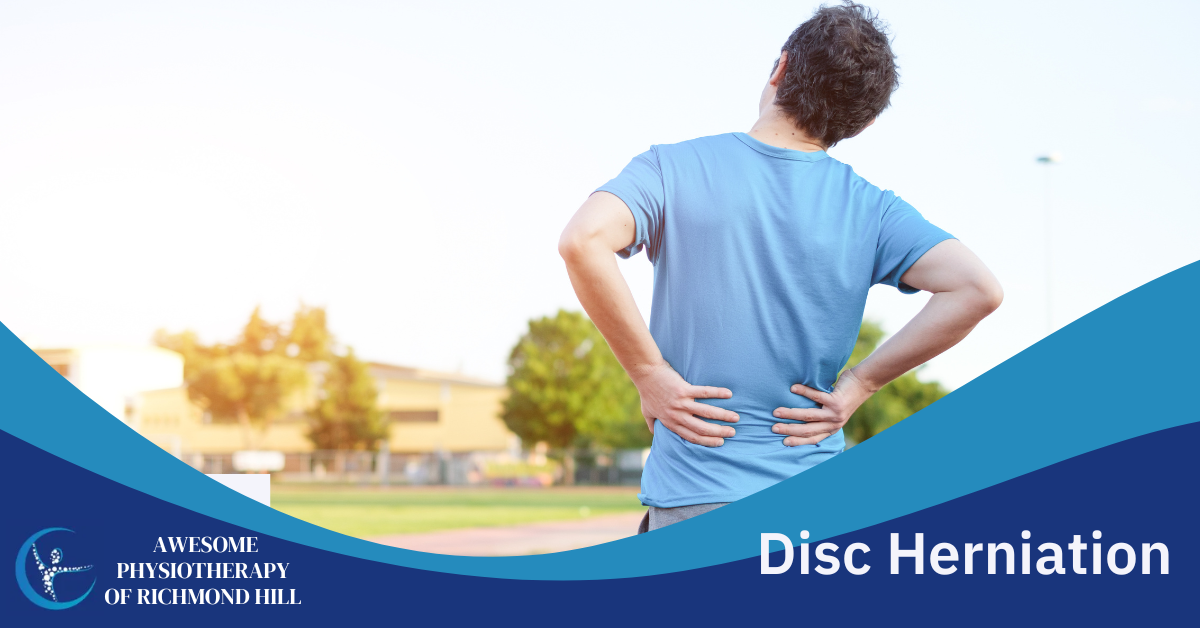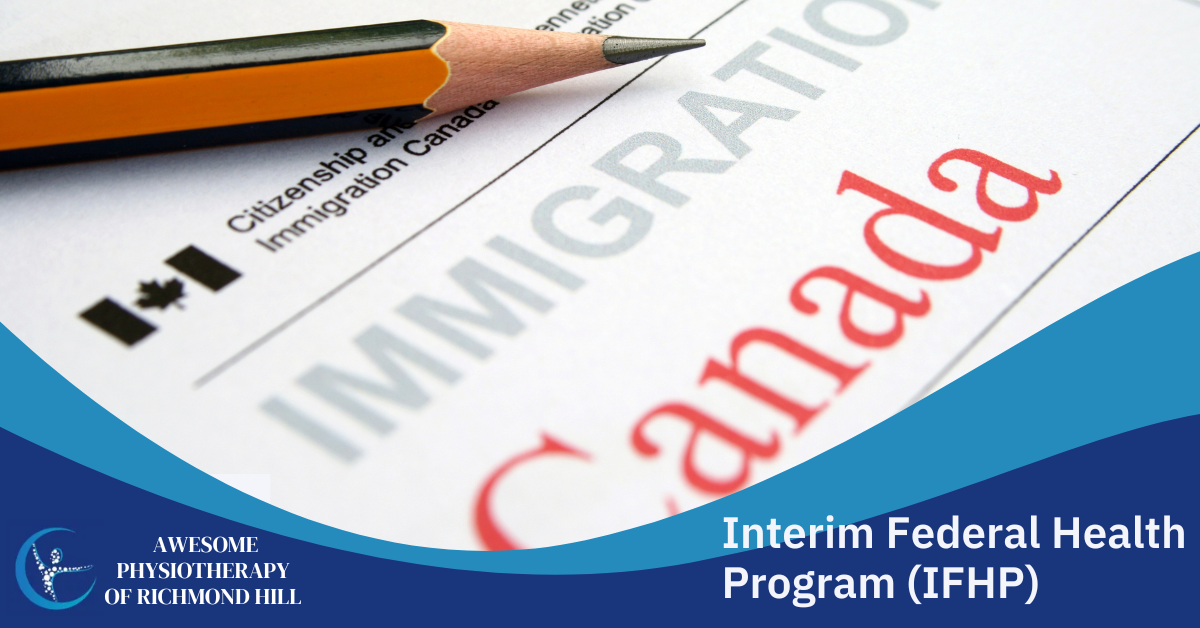How Physiotherapy and Exercises Work for Shoulder Pain
18 to 26 percent of adults experience shoulder pains and stiffness. Mostly, the pain comes after doing a strenuous activity, although it can also become prevalent with age. You can reduce or manage the pain in multiple ways depending on the severity of the condition. Physical therapy for shoulder pain is the leading treatment.
It involves multiple physiotherapy programs such as exercise and massage to relieve the stiffness.
Here is everything you should know about physiotherapy for shoulder pain. Read on to know more about its effectiveness.
What Is Physiotherapy for Shoulder Pain?
Physiotherapy is a rehabilitative field of medicine. It uses exercises and other physical tricks to help patients with hurting shoulders gain their normal health.
The goal of physiotherapy for shoulders is to tighten the shoulder muscles and joints to alleviate the pain. It can be done to anyone, provided that a doctor or chiropractor approves the medication.
A qualified therapist only does the treatment. Before starting, the therapist checks the shoulders’ current conditions through X-rays to examine the rotator cuff injury.
After that, they recommend the ideal types of physiotherapy, which would improve the condition of your shoulders.
How It Works
The process starts with an examination. The therapist examines the current condition of your body and the rotator cuff tear before recommending the right therapy.
After the examination, the therapist diagnoses you and tests the possibility of success for the procedure. The expert may ask you about your health history, pain intensity, frequency, and so on.
The next step is the evaluation process, whereby the expert gives you a simple exercise to do. The exercises’ primary aim is to test your balance, body coordination, flexibility, motion, muscle function, and so on.
Suppose you are fit, the therapist books you for the shoulder therapy. The duration of the sessions depends on your current body condition.
Here are the common types of physiotherapy which the expert may book you for the shoulder treatment.
Exercise
Exercise is the foundation of the treatment. The physiotherapy will take you through various stretches and movements to relax your shoulder muscles.
There is no limit to the exercises you can do for the therapy, provided that it relieves the pain. For the first few days, you will do light activities, such as moving the hands.
Eventually, you will start the more engaging exercises which move all parts of the upper body.
Hot and Cold Physiotherapy
The therapist may use hot and cold substances to reduce the pain and stiffness on the shoulders. Ice reduces the joints’ inflammation, while heat enhances the flexibility of the shoulder tissues and muscles. The trick works well for accident-related shoulder pains.
Ultrasound
Ultras sound involves the use of high sound waves in the body. Experts believe that the waves improve the circulation of heat in the shoulders, thus facilitating the healing process.
Ultrasound is a secondary treatment, and so your therapist may combine it with exercise and other therapy treatments.
Manual Therapy
Manual therapy includes massage, hands manipulation, mobilization, and so on. The therapist uses their hands to massage your shoulders , neck, and spine.
Manual therapy aims to mobilize the soft tissues and to improve the flow of blood in the body. The trick is quite helpful, as it helps you to relax all the parts of the body.
Laser and Electrical Stimulation
Laser therapy uses light waves to stimulate the healing process. It is ideal for people with muscle pains or fatigue on the shoulders.
On the other hand, electrical stimulation awakens the dormant shoulder muscles. If your shoulders and neck muscles are very stiff, the therapist will apply this technique alongside the others.
Education
Education is the last component of physiotherapy for shoulders. The expert advises you on what to do to facilitate your healing. Also, the therapist warns you to avoid some activities to avoid straining your joints.
If you have severe shoulder injuries, the therapist may give you walking aids or crutches to facilitate your movement and flexibility. If the treatment is successful, you will experience reduced pain on shoulder, better mobility, and enjoy other benefits of physiotherapy.
When Is Physiotherapy for Shoulders Ideal?
All shoulder pains do not require a therapy solution. The treatment may be ideal for you if you suffer from unspecified chronic pain. The therapy can retain your strength even without a comprehensive diagnosis.
Therapy may also be ideal for people recovering from accidents. Some accidents damage the neck and shoulder tissues and cause muscle discomfort. A great treatment might relax the muscles and reduce the inflammation on the affected shoulder.
Lastly, therapy is great for people recovering from surgeries. Surgical treatment on your shoulders, neck, or back may cause soreness and stiffness in the surrounding shoulder parts. Therapy can relieve the pain and the rigidity to help you recover well.
When to Avoid Therapy for Shoulders
Sometime, physical therapy may worsen the pain or stiffness on your shoulders. You should, therefore, avoid it if you have an underlying vertebral issue. For instance, if your spine was once broken or fractured, the therapy might affect the nerves and worsen the problems.
You should also avoid the treatment of shoulder pain that is caused by an underlying problem. For instance, if the pain comes from a tumor or an abnormal growth on your back, it would be best first to address it.
An intense type of physiotherapy can worsen the condition.
Consult an Experienced Therapist
The success rate for the treatment depends on the expertise of the physiotherapy, among other factors. If your shoulder is hurting, do your due diligence on the therapist first. For best results, you should only work with a reputable, seasoned, and well-known therapist.
The professional will help you choose the right physical therapy for shoulder pain, which fits you. They will also do medical follow-ups to ensure that you recover well.
Awesome physiotherapy Of Richmond Hill clinic offers incredible physiotherapy treatments. We help our clients manage back pains, neck pains, shoulder pains, knee and ankle pains, etc. We source our therapists from the most reputable therapy centers to guarantee the best results for our patients.
Contact us today to book a no-obligation appointment with our team of experts.

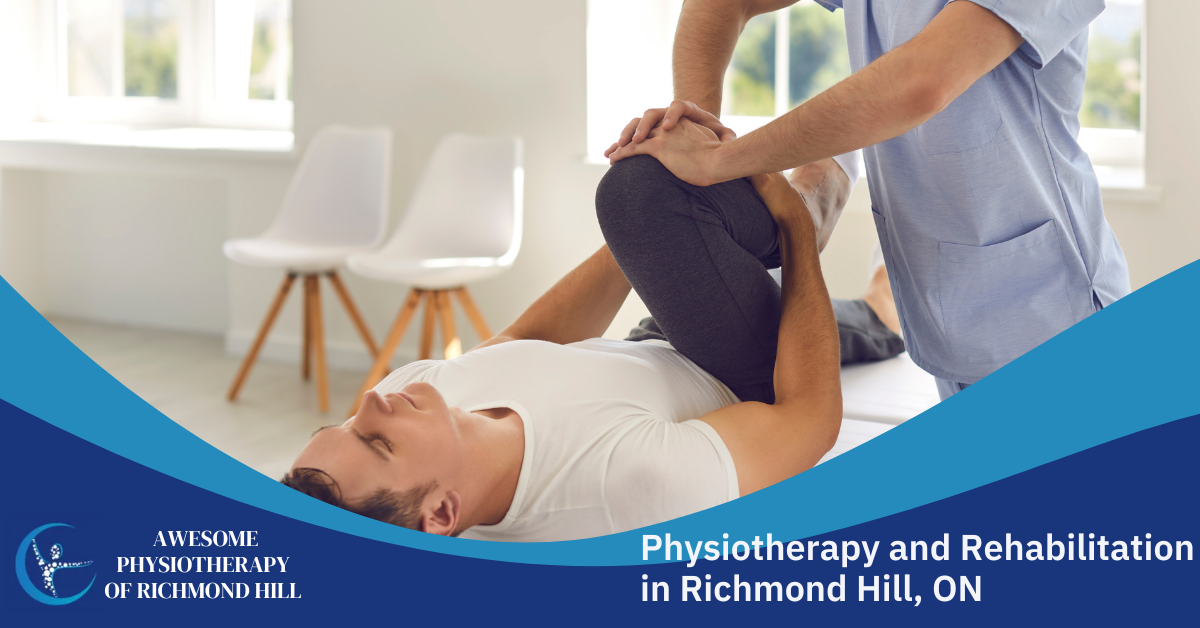

How Physiotherapy Can Help You Recover Faster: A Guide to Physiotherapy Centers In Richmond Hill, ON
